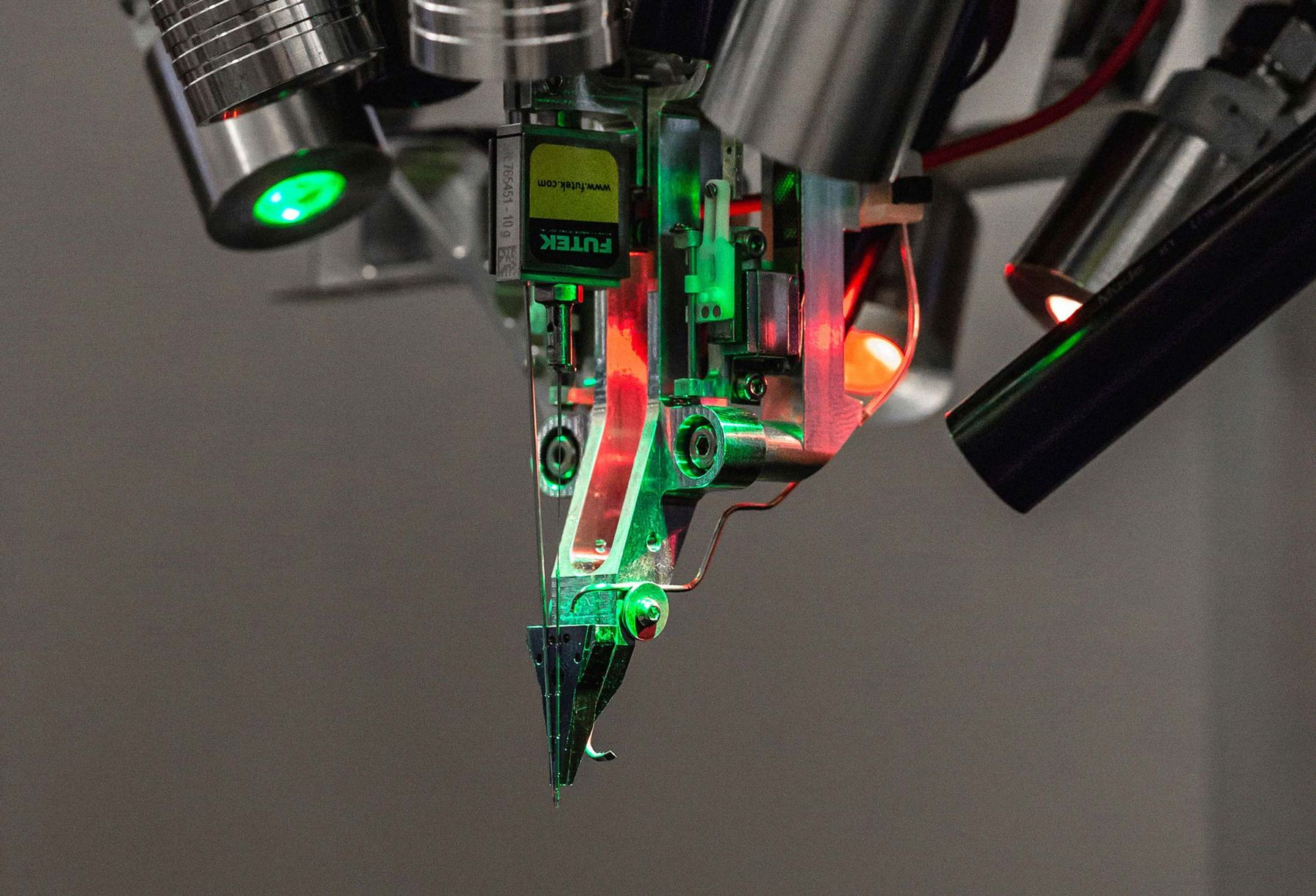Weekly news: tests of the OneWeb satellite network, Ilona Mask's neural interfaces and non-spyware electronic devices

In this issue read:
- US authorities consider Facebook cryptocurrency a threat to stability;
- The new bill threatens the work of Visa and MasterCard in Russia;
- The UK will continue to work with Huawei;
- consumer electronic devices will not be considered spyware;
- Ilon Musk showed threads-implants for the brain;
- OneWeb satellite network showed connection speed of 400 Mbps;
Facebook cryptocurrency as a threat to national security

')
Jerome Powell, Chairman of the Board of Governors of the US Federal Reserve System, stated that it was not necessary to issue cryptocurrency until the social network solved all the problems associated with the project.
“Libra raises many serious concerns about privacy, money laundering, consumer protection and financial stability,” Powell said during a speech before the US Senate Banking Committee. “I don’t think the project can move forward without solving these problems.”
OneWeb provides data transfer speeds of 400 Mbps

The Internet from space is becoming a reality - the other day, OneWeb, a grouping of Internet satellites in orbit around the Earth, conducted a test connection. As it turned out, this method of communication allows to provide a channel width of up to 400 Mbps.
After the network starts up in normal mode, it will be the standard speed for connecting users almost anywhere in the world .
“We are pleased to announce the successful testing of six satellites in low earth orbit. All satellites allow you to connect to the global network at a speed of at least 400 Mbps, which makes it possible to provide the fastest streaming video in real-time in Full-HD format from space. Tests conducted in Seoul demonstrated the capabilities of the OneWeb satellite constellation to date, proving its ability to provide broadband connectivity anywhere in the world, ”the company said in a statement.
Startup Ilona Mask Neuralink showed threads implants for implantation in the brain

As it turned out, Ilona Mask has an ace in his sleeve - the “secret” startup Neuralink, which is developing the technology for connecting the human brain to a computer system.
Previously, the company did not advertise its activities, it became known about its work only after the presentation , which, by the way, was carried out by Ilon Musk.
Signals that are transmitted by “threads” are then sent to a PC using an “adapter” mounted on the skull. This device is attached to the ear. The exact size of the "adapter" is still unknown, but judging by the sketch shown by the company, it is smaller than the auricle and is flattened laterally. Ultimately, according to Mask, it is planned to get the opportunity to create a "symbiont" - the human brain, enhanced by artificial intelligence.
Household electronic devices are excluded from the Criminal Code

The State Duma adopted a draft amendment to the Criminal Code on espionage equipment prepared by the FSB in the third reading . Home appliances were excluded from the list of such systems. Now, criminal charges will cease to attract buyers of gadgets that have purchased them on sale.
The FSB project, which introduces the definition of spyware, appeared in early July 2018. At first, he drew sharp criticism from electronics manufacturers, since the definition of “spyware” could include an extensive range of devices, including completely ordinary household appliances. Software providers are not without reason afraid that the future law will extend to the system of monitoring hacking programs that use the developers. But the FSB rejected all offers from market participants, insisting on its version.
Huawei protect in the UK
Representatives of the UK Science and Technology Select Committee sent the open letter to the head of the Ministry of Digital, Culture, Media and Sports (DCMS, Department for Digital, Culture, Media and Sport) of the same country. It says that there are no technical reasons for banning the use of Huawei equipment for deploying fifth-generation networks in the UK.
The letter says that there are no visible reasons for refusing Huawei to cooperate in terms of deploying the infrastructure of fifth-generation networks. There may be political reasons, but the letter’s authors do not know anything about this .
The work of Visa and MasterCard is threatened in Russia

The State Duma included in the new plan of consideration a bill that introduces quite significant amendments to the law “On the National Payment System”. According to the authors of this bill, the amendments are aimed at maintaining the continuity of card payments in the Russian Federation.
But in fact, this means a ban for Russian subsidiaries of international payment systems to block payments by bank cards that have fallen under sanctions. In turn, this means that such systems should make changes to their work, with which the management of companies is unlikely to agree.
Source: https://habr.com/ru/post/460717/
All Articles